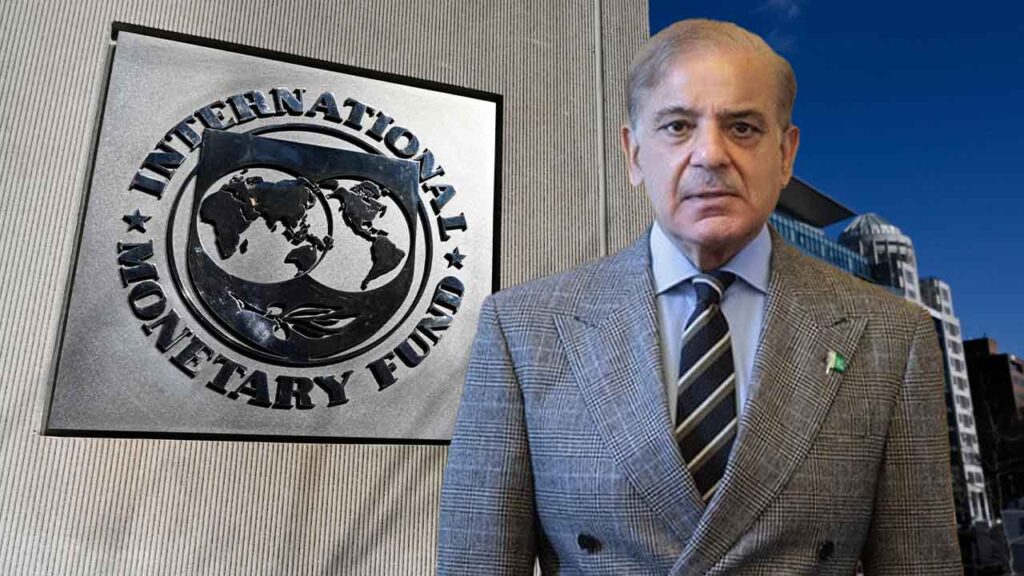- Web
- Feb 05, 2026
Pakistan requires another IMF programme to revitalise economy: PM Shehbaz
-

- Web Desk
- Mar 21, 2024

WEB DESK: Prime Minister (PM) Shehbaz Sharif asserted during a cabinet meeting on Wednesday that Pakistan must embark on another International Monetary Fund (IMF) programme to revitalise the economy and steer the nation towards development.
Addressing the gathering, he stressed the critical need for action, stating, “either we perform or perish; it’s a do or die situation.”
Key concerns highlighted by the Prime Minister included the rampant electricity and gas theft, a low tax-to-GDP ratio, and a rapid escalation in expenditure, which demand immediate attention.
In preparation for negotiations with the IMF for the forthcoming programme, the Prime Minister underscored the necessity to broaden the tax base.
He pointed out that certain high-earning businesses are evading taxes, stressing the government’s obligation to engage with them to ensure compliance with IMF requirements.
Additionally, he pledged to eradicate “elite capture” through legislative means, affirming the government’s commitment to transparency and accountability.
Expressing dismay over the backlog of revenue cases, the Prime Minister appealed to the Chief Justice of Pakistan to expedite their resolution. He instructed the Law Minister to pursue pending revenue-related cases for swift adjudication.
Furthermore, he outlined plans for the complete digitisation of the Federal Board of Revenue (FBR), with consultants set to be hired by the end of the following month.
In addressing fiscal challenges, the Prime Minister vowed to confront corruption head-on, promising to hold accountable those implicated in embezzlement schemes.
Conversely, he assured that honest officials would be recognised for their integrity and diligence.
Additionally, he disclosed the imminent submission of a report by a committee tasked with reducing government expenditure, which would be promptly implemented.
According to Business Recorder, the Prime Minister advocated for a more decentralised approach, suggesting the transfer of certain federal departments to provincial jurisdictions as mandated by the 18th constitutional amendment.
He urged cooperation between the federal and provincial authorities to overcome national challenges.
Regarding economic policy, the Prime Minister emphasised the importance of attracting investment in key sectors such as agriculture, IT, and industry.
He stressed the government’s commitment to minimising reliance on loans, preferring instead to foster a conducive environment for investment. Furthermore, he proposed the establishment of a “charter of unity” to facilitate economic development.
In matters of national security, the Prime Minister condemned the resurgence of terrorism, vowing to uphold Pakistan’s borders as a deterrent against cross-border threats.
He reiterated Pakistan’s desire for peaceful relations with neighboring countries while underscoring the imperative of collective action to combat terrorism.
In conclusion, the Prime Minister emphasised the need for regional cooperation in addressing shared challenges, including terrorism, and extended an invitation to neighboring countries to collaborate in pursuit of peace and stability.




